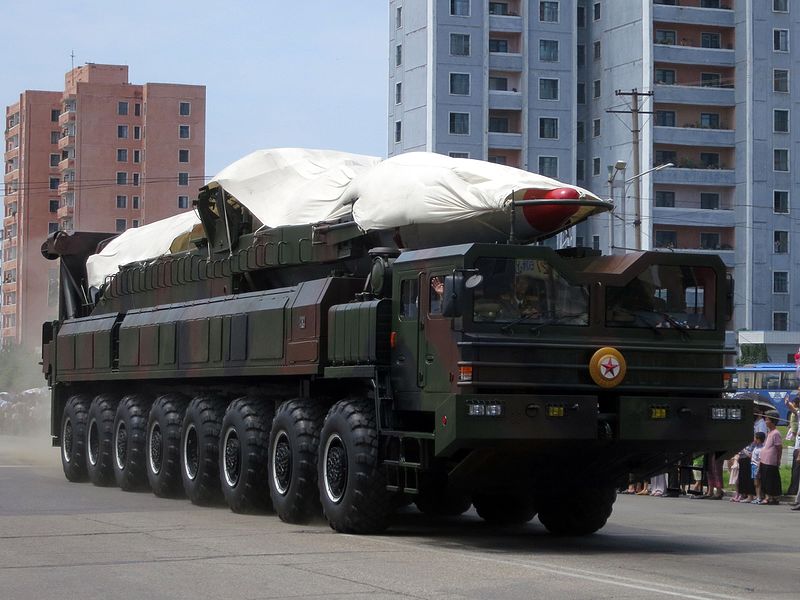 INFRA
INFRA
 INFRA
INFRA
 INFRA
INFRA
The next world war may start behind a computer screen with a group of North Atlantic Treaty Organization allies considering “a more muscular response to state-sponsored computer hackers” that may involve using “cyberattacks to bring down enemy networks,” according to officials.
The “offense is the best form of defense” proposal comes from seven NATO members: the United Kingdom, United States, Germany, Norway, Spain, Denmark and the Netherlands. They’re aiming to reach an agreement by early 2019 about when it’s appropriate to fight back against cyberattacks.
According to Reuters, the proposed policy stance would shift NATO’s approach from being defensive when targeted by hackers acting on behalf of Russia, China and North Korea to being proactive in targeting those governments in return.
U.S. Navy Commander Michael Widmann from the NATO Cooperative Cyber Defence Centre of Excellence said that NATO members are increasingly investing in cyber warfare methods to fight off and respond to attacks from state-sponsored hackers. “There’s a change in the [NATO] mindset to accept that computers, just like aircraft and ships, have an offensive capability,” he noted.
Discussing the geopolitical implications of NATO switching from a defensive to an aggressive stance on hacking and its broader implications for businesses, Adi Dar, chief executive office of Cyberbit Ltd., told SiliconANGLE that the move indicated that the age of cyberwarfare has begun.
“The enemy is armed with new strategies, goals and capabilities, and we must rethink our approaches as we prepare our organizations and nations to meet these evolving challenges,” Dar said. “A security vulnerability is likely to exist across multiple organizations of the same industry segment, because they use similar technologies. Attackers are looking for an easy win and following a successful attack they will attempt to replicate it against similar institutions, often within hours, exploiting the same vulnerability.”
Dar added that attackers must be confronted by a community of nations. “Failing to share information leaves geographical blind spots, which criminals know how to exploit,” he said. “Therefore, nations are continuously increasing their efforts to share timely intelligence information and alerts.”
THANK YOU